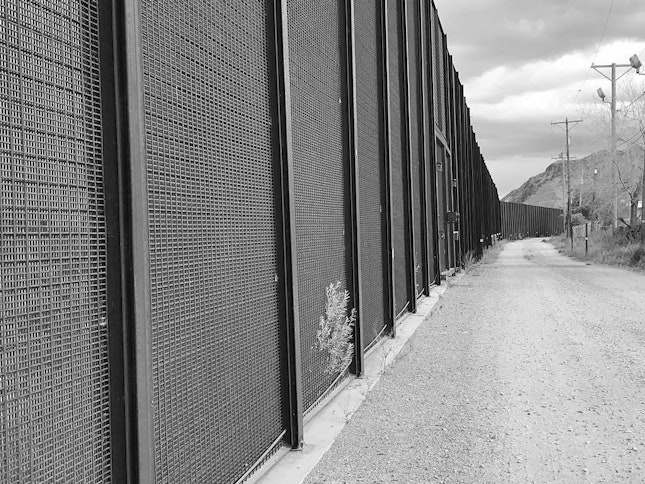Behind The Headlines: Turmoil In Texas As Ugly State Vs Federal Government Battle Over Who Controls Immigration Law
Share

This week, federal courts extended a pause on enforcement of S.B. 4, a Texas law that allows state police to arrest people they suspect crossed the U.S.-Mexico border without valid immigration status. S.B. 4 requires state judges to order people to leave the U.S. or face up to 20 years in prison if they don’t comply. For now, the law’s enforcement will remain on hold while the courts consider its constitutionality.
Texas state officials call S.B. 4 a common-sense response to record levels of arriving migrants over the past year. But the law invites serious human rights abuses. It incentivizes racial profiling and harassment by requiring police in the country’s sixth-most diverse state to arrest people they think don’t look sufficiently Texan. And a federal court has already found that S.B. 4 is likely to frustrate police efforts to stop human trafficking and other serious crimes and to result in the forced return of asylum seekers to persecution and torture.
Why the Fight Over Texas’s Border Law Matters
S.B. 4 is only the latest in a string of Texas state laws and policies designed to deter migration through human rights violations.
Other examples include:
“Operation Lone Star,” launched three years ago by Texas Gov. Greg Abbott, deployed thousands of soldiers and police officers to the southern border to arrest arriving migrants for trespass and to jail them without trial for weeks on end.
Recently installed razor wire barriers and river buoy saw blades that have cost Texas taxpayers at least $1.5 billion and left local hospitals with an unprecedented numbers of people, including children, in need of surgical treatment for open wounds.
Over $148 million spent busing migrants to other states, dropping them off in the middle of the night and in the dead of winter without shelter or protective clothing.
Several states are now considering laws that mimic what Texas has enacted. Lawmakers in Iowa have already signed a bill that would make it a crime to enter the state after being deported or denied entry into the U.S. Collectively, these lawmakers envision the United States as a country surrounded by razor wire, where police can target, jail, and banish people based on skin color, birthplace, or accent.
What’s a Better Path Ahead?
Splintering immigration policy among 50 states invites chaos. But a coordinated federal approach could
more equitably distribute both the benefits and burdens of immigration–and dispel anti-immigrant myths.
The federal government can mitigate challenges that border states face in receiving large numbers of arriving migrants through a federal relocation program for recently arrived migrants that coordinates with receiving communities and eliminates human rights abuses in Texas’s busing programs. A federal relocation program could also lessen state and local costs incurred by border states receiving large numbers of new arrivals and distribute them fairly amongst other states eager to receive new arrivals.
A stronger federal hand in relocation could also help spread the benefits of immigration throughout the country. Immigration makes communities safer, with non-citizens up to 60% less likely to be incarcerated and convicted for crimes than native-born residents. Immigrants also provide long-term economic benefits to the communities where they settle. Asylees and refugees contributed a net $123 billion dollars to the U.S. economy over the last 20 years. In 2021 alone, immigrant New Yorkers paid $61 billion in taxes and constituted $138 billion in spending power. And economists credit immigration for an estimated increase of $7 trillion of gross domestic product in the U.S. over the next ten years.
In a country as diverse as the United States, total agreement on an issue as complex as immigration is impossible. But a stronger federal hand in evenly distributing the costs and benefits of immigration amongst states could go a long way toward addressing the concerns of all.
Help Us Protect Human Rights
Please give now. Your contribution will make a difference in the critical effort to achieve equal rights for all.